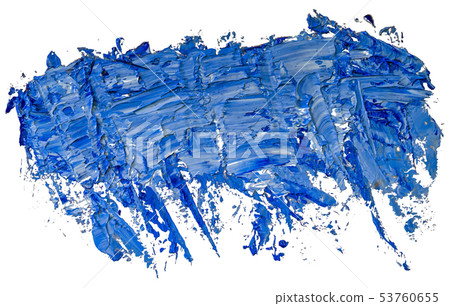Some brushes in here have a scratchy texture while others are much softer and almost look like paint. You can also layer colors beautifully with these brushes and texture just about anything you can think of from hair, skin, and eyes to cloth, grass, clouds, foliage, and stone. Protect the Area. By its very nature, texturing is a messy operation that results in wet texture.
Set the way the paint is applied over the underlying color. See Color Blend Modes.
Add Alpha: makes the image more opaque where painted.
Erase Alpha: makes the image transparent where painted,allowing background colors and lower-level textures to show through.As you “paint”, the false checkerboard background will be revealed.Using a table pen’s eraser end will toggle on this mode.
Tip

In order to see the effects of the Erase and Add Alpha mix modes in the Image Editor,you must enable the alpha channel display by clicking the Display Alpha or the Alpha-Only button.Transparent (no alpha) areas will then show a checkered background.
This option controls the radius of the brush, measured in pixels.F allows you to change the brush size interactively bydragging the mouse and then LMB (the texture of the brush should be visible inside the circle).Typing a number then enter while using F allows you to enter the size numerically.
Brush size can be affected by enabling the pressure sensitivity icon,if you are using a Graphics Tablet.
Use the same brush Radius across all brushes.
How powerful the brush is when applied.
Brush Strength can be affected by enabling the pressure sensitivity icon,if you are using a Graphics Tablet.
Use the same brush Strength across all brushes.
Color Picker¶

Color¶
The color of the brush. See Color Picker.
Press S on any part of the image to sample that color and set it as the brush color.Hold Ctrl while painting to temporally paint with the secondary color.
Swaps the primary and secondary colors.
Texture Paint Brushes
Use the same brush color across all brushes.
Gradient¶
A gradient can be used as a color source.
The Color Ramp Widget to define the gradient colors.
Will choose a color from the color ramp according to the stylus pressure.
Will alter the color along the stroke and as specified by Gradient Spacing option.With Clamp it uses the last color of the color ramp after the specified gradient.
Texture Paint Brush
Similar to Clamp. After the last color it resets the color to the first color in the color ramp andrepeats the pattern.
Color Palette¶
Color Palettes are a way of storing a brush’s color so that it can be used at a later time.This is useful when working with several colors at once.
A Data-Block Menu to select a palette.
+Adds the current brush’s primary Color to the palette.
-Removes the currently selected color from the palette.
Moves the selected color up/down one position.
Sort Colors by Hue, Saturation, Value, Luminance.
Each color that belongs to the palette is presented in a list.Clicking on a color will change the brush’s primary Color to that color.
Advanced¶
This will allow a stroke to accumulate on itself, just like an airbrush would do.
When this is disabled, it locks (prevents changes to) the alpha channel while painting (3D only).
Toggles Anti-Aliasing around the brush,this is useful if you are working with pixel art or low resolution textures.
Texture¶
See the global brush settings for Texture settings.
Texture Mask¶
See the global brush settings for Texture Mask settings.
Stroke¶
See the global brush settings for Stroke settings.
Falloff¶
See the global brush settings for Falloff settings.
Cursor¶
See the global brush settings for Cursor settings.
